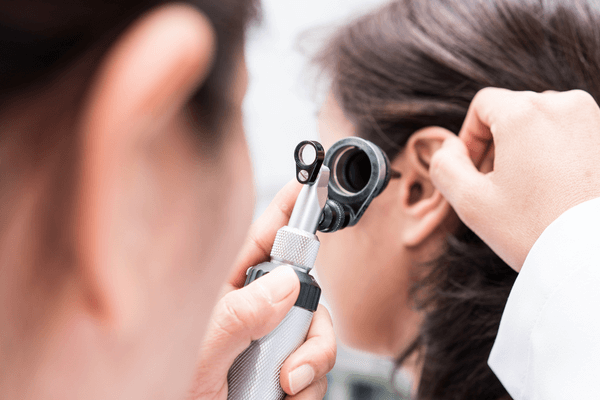If you’ve ever experienced a feeling of dizziness or the room spinning, you may be familiar with the term ‘vertigo,’ but do you know it by its proper name of Meniere’s disease? While there are other causes of vertigo, Meniere’s disease is the most common culprit of chronic unsteadiness. Meniere’s disease most frequently begins in those in the 20 to 50-year-old age range, continues into older age, and affects around 615,000 Americans.
Symptoms of Meniere’s
Feeling the room spinning is one of the most common symptoms of Meniere’s, particularly if this feeling begins and ends at random intervals. This feeling – vertigo – tends to last up to a few hours, but no longer. However, vertigo is often chronic for sufferers of Meniere’s. Another possible symptom is tinnitus, or ringing in the ears. Meniere’s disease can cause other types of hearing loss and pressure within the ear, though symptoms generally occur in only one ear at a time. These symptoms, along with headaches, light sensitivity, and blurry vision tend to disappear and reappear infrequently and can clear up after only one incidence.
Diagnosing Meniere’s
Doctors conduct three different tests to confirm a diagnosis of Meniere’s. The first is a hearing test focused on pitches and volumes since those with Meniere’s tend to struggle with lower frequencies. The next test assesses the inner ear and balance. Did you know some of the ear’s balance sensors are connected to your eye movements? A test called videonystagmography blows warm and cold air into the ear canal to measure eye movements to test potential balance issues. Other balance tests involve walking on a platform without shoes, testing eye movements in relation to different stimuli, or sitting in a rotating chair. Finally, a patient’s blood work and imaging are tested to confirm no other cause of symptoms.
Unfortunately, there is no cure, but there are treatments available to both counteract current vertigo attacks and prevent future discomforts. The most popular course of action is decreasing sodium in a diet. Sodium leads to water retention and can cause pressure in the inner ear. There are water-reduction pills for an added boost, but a change in diet alone can create great benefits. Other pills like Valium, Dramamine, and Ativan are helpful during vertigo stints by decreasing dizziness and nausea. There is also Vestibular Rehabilitation Therapy, which can help the brain alter its reactions to imbalances and movement. This helps prevent future episodes of dizziness.
Often one of the easiest, non-invasive treatment options may be hearing aids. Symptoms like tinnitus and hearing loss are quickly treated with hearing aids which do not require extensive lifestyle changes or drug interference. If you suffer from hearing loss due to Meniere’s, call Purchase Ear Technology at (270) 558-3996 or visit us at 2008 Broadway Street, Paducah, KY 42001 to find out how we may be able to help.

